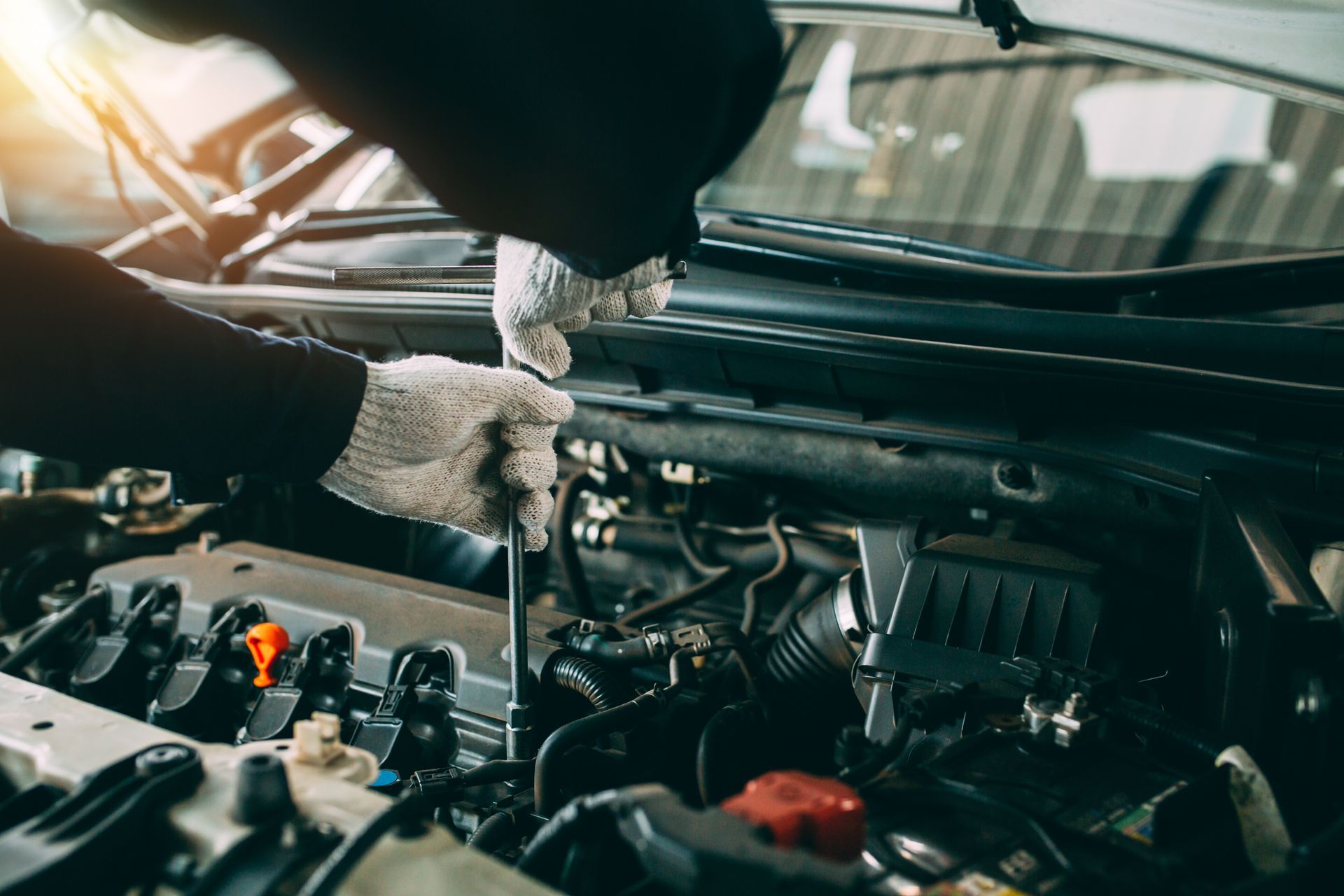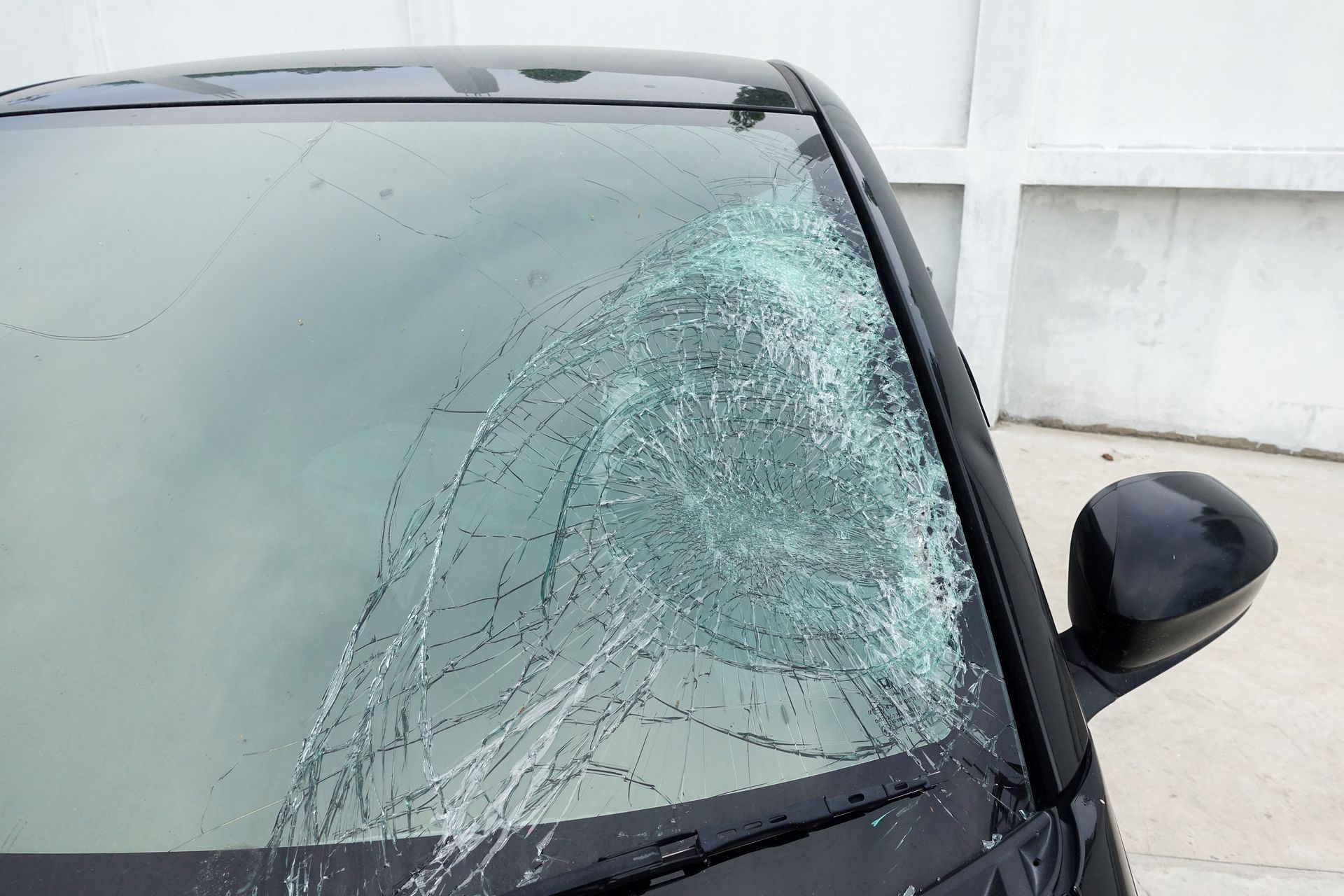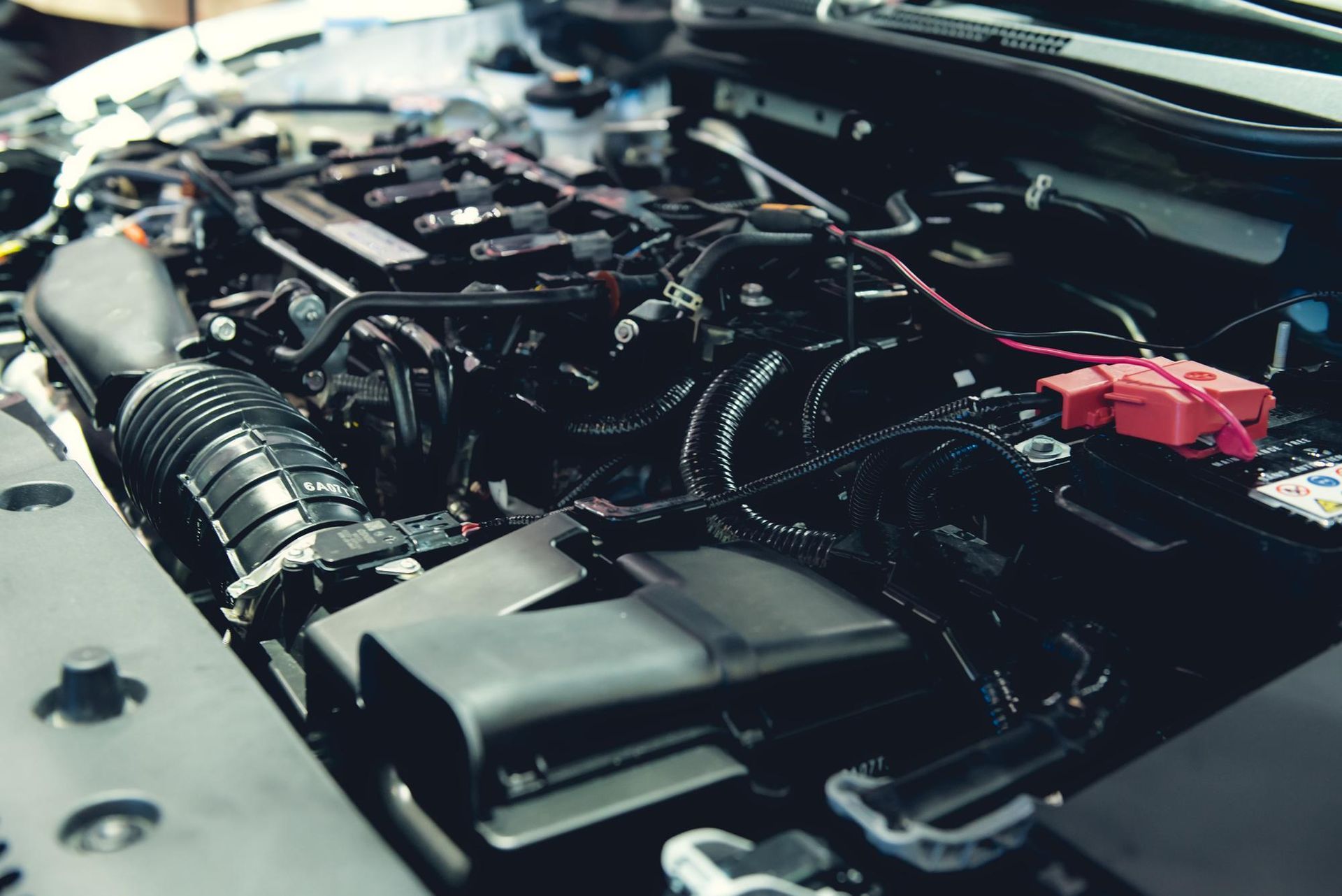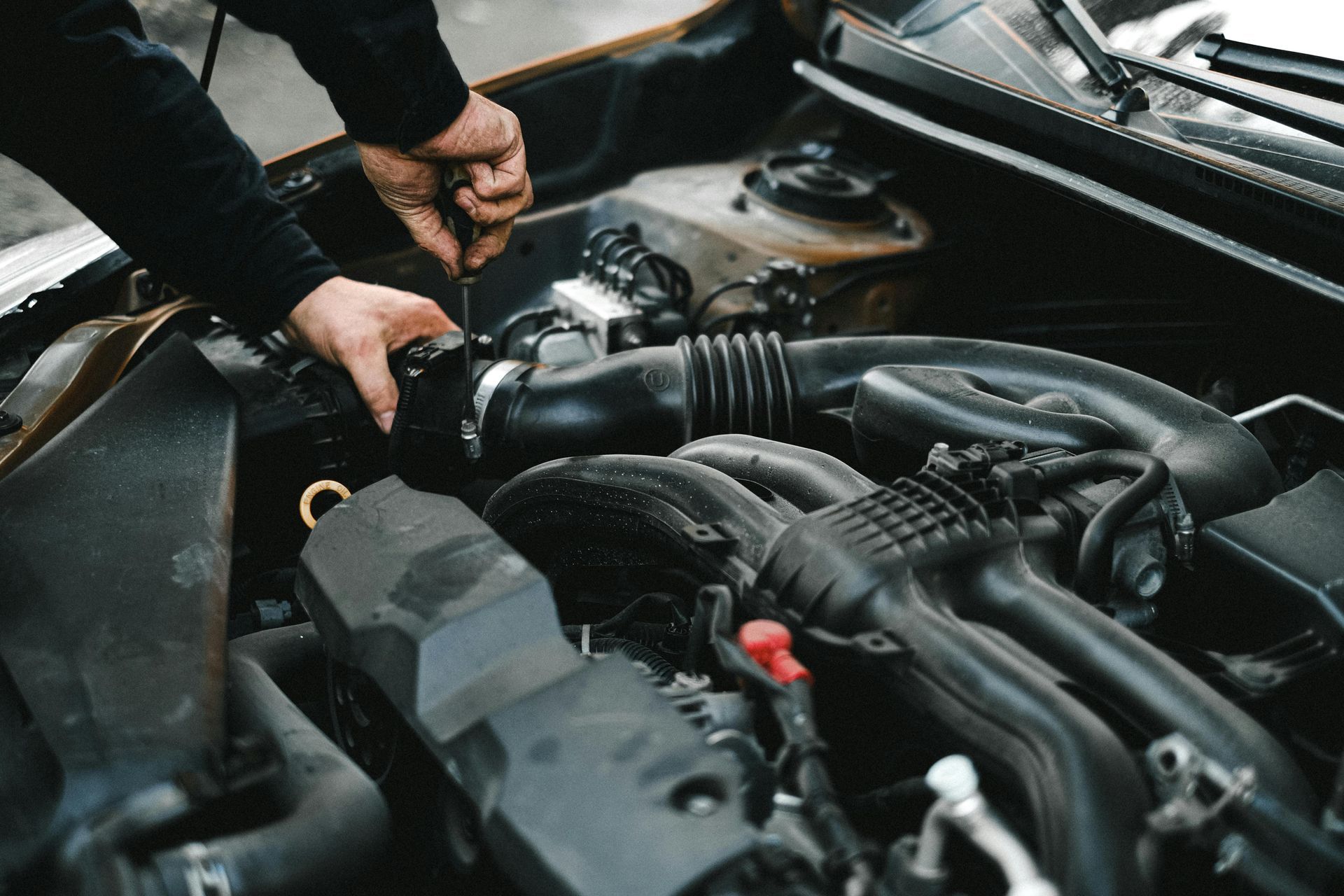Common Car Maintenance Mistakes: Avoid These Costly Errors
Owning a vehicle comes with the responsibility of maintaining it to ensure it stays in top condition for as long as possible. However, many car owners unknowingly make mistakes when it comes to vehicle maintenance. These errors can lead to costly repairs, reduce your car’s longevity, and even compromise your safety on the road.
At
Paul’s Transmission & Auto Repair in Baker City, OR, we’ve seen firsthand the consequences of improper car maintenance. To help you avoid these pitfalls, we’ve compiled a list of the most common car maintenance mistakes and how you can prevent them.
1. Skipping Oil Changes
Oil is the lifeblood of your engine. It lubricates all moving parts, reduces friction, and helps regulate engine temperature. Skipping oil changes or going too long between them is one of the most common mistakes car owners make, and it can have severe consequences.
When oil gets old, it becomes dirty and less effective at lubricating your engine. As a result, engine parts can wear down faster due to increased friction. Eventually, this can lead to significant engine damage, which could require expensive repairs or even a full engine replacement.
How to avoid this mistake: Check your vehicle’s manual to find out how often you should change the oil. Most cars require an oil change every 5,000 to 7,500 miles, but newer vehicles with synthetic oil can often go longer. Regular oil changes contribute to better fuel efficiency and engine performance.
2. Ignoring the Check Engine Light
The check engine light is one of the most misunderstood warning lights on your dashboard. Many drivers choose to ignore it, thinking it’s a minor issue or that it can be dealt with later. However, ignoring the check engine light can lead to serious problems if left unaddressed.
This warning light can signal a wide range of issues, from something as simple as a loose gas cap to something more serious like a failing oxygen sensor or catalytic converter. If you keep driving with the light on, the problem can worsen, resulting in more expensive repairs down the line.
How to avoid this mistake: When the check engine light comes on, take your car to a professional mechanic as soon as possible. At Paul’s Transmission & Auto Repair, we offer state-of-the-art diagnostic services to pinpoint the issue and resolve it before it becomes a bigger problem.
3. Neglecting Tire Maintenance
Tires are one of the most important components of your car, yet they are often neglected. Many drivers fail to check tire pressure, rotate their tires, or inspect for wear and tear regularly. Neglecting tire maintenance can lead to poor fuel efficiency, uneven tire wear, and even dangerous blowouts.
Driving with improperly inflated tires can reduce your car’s traction, especially in wet or icy conditions, increasing your risk of an accident. Additionally, underinflated tires wear out faster and may need to be replaced sooner than expected.
How to avoid this mistake: Make it a habit to check your tire pressure at least once a month. Your car’s manual will specify the correct tire pressure, and many gas stations have air pumps available for your convenience. Also, rotate your tires every 6,000 to 8,000 miles to promote even wear. At Paul’s Transmission & Auto Repair, we offer tire maintenance services to keep your tires in optimal condition.
4. Forgetting to Change the Air Filter
The air filter plays a critical role in your car’s performance by preventing dirt, dust, and other debris from entering the engine. When the air filter becomes clogged or dirty, it restricts airflow to the engine, which can reduce fuel efficiency and cause the engine to work harder than necessary.
Many car owners overlook the importance of changing the air filter regularly, leading to decreased engine performance and higher fuel consumption.
How to avoid this mistake: Replace your air filter every 12,000 to 15,000 miles or as recommended by your vehicle’s manufacturer. You can check the filter yourself, and if it looks dirty or clogged, it’s time for a replacement. If you're unsure, our team at Paul’s Transmission & Auto Repair can inspect and replace your air filter during routine maintenance.
5. Using the Wrong Fuel
With rising fuel costs, some car owners may be tempted to use a lower-octane fuel than what’s recommended for their vehicle. This is a mistake that can lead to engine knocking, reduced performance, and even long-term damage.
High-performance vehicles or cars with turbocharged engines often require premium fuel to run efficiently. Using regular fuel in these vehicles can cause the engine to knock, which is when the fuel-air mixture in the cylinders doesn’t burn properly. Over time, this could damage the engine.
How to avoid this mistake: Always use the fuel grade recommended by your car’s manufacturer, which you can find in your owner’s manual or on the gas cap. While premium fuel may cost more, it will help your car perform better and avoid costly repairs in the long run.
Contact Paul’s Transmission & Auto Repair for Reliable Car Maintenance in Baker City, OR
Maintaining your car properly is essential to ensure its longevity, safety, and performance. By avoiding the common maintenance mistakes listed above, you can save yourself money and frustration in the future. However, vehicle maintenance can sometimes be complex, and it’s easy to overlook important details if you’re not a professional.
At Paul’s Transmission & Auto Repair, we’re here to help. Located in Baker City, OR, we offer a wide range of auto repair and maintenance services, including oil changes, engine diagnostics, spark plug repair, and more. Our team of experienced mechanics is committed to keeping your vehicle in excellent condition and ensuring your safety on the road.
Avoid letting small problems turn into big ones. Contact us today at
(541) 523-6923 to schedule an appointment or ask about our services. We look forward to keeping your vehicle in top condition.
FAQs
How often should I change my oil?
The frequency of oil changes depends on the type of oil your car uses and how you drive. Generally, most vehicles require an oil change every 5,000 to 7,500 miles. If you use synthetic oil, you may be able to go 10,000 miles or more between changes. Always check your owner’s manual for specific recommendations.
What steps should I take if the check engine light turns on?
If your check engine light comes on, it’s best to have your vehicle inspected by a professional mechanic as soon as possible. The check engine light can indicate a wide range of issues, from minor to severe. Ignoring it could lead to more expensive repairs in the future.
How often do I need to check the air pressure in my tires?
Regularly checking your tire pressure, at least once a month and before long trips, is crucial. Properly inflated tires can enhance fuel efficiency, handling, and tire durability. You can find the recommended tire pressure for your vehicle in your owner’s manual or on a sticker located on the driver’s side door frame.
What type of fuel should I use for my car?
Adhere to the fuel type specified by your car's manufacturer. You can find this information in your owner’s manual or on the gas cap. Using the wrong fuel, such as a lower octane than recommended, can lead to reduced performance, engine knocking, and potential long-term engine damage.
When should I replace my air filter?
Air filters should typically be replaced every 12,000 to 15,000 miles, depending on driving conditions. If you frequently drive in dusty or harsh environments, you may need to replace the air filter more often. A dirty or clogged air filter can hinder your engine's performance and reduce fuel efficiency.












